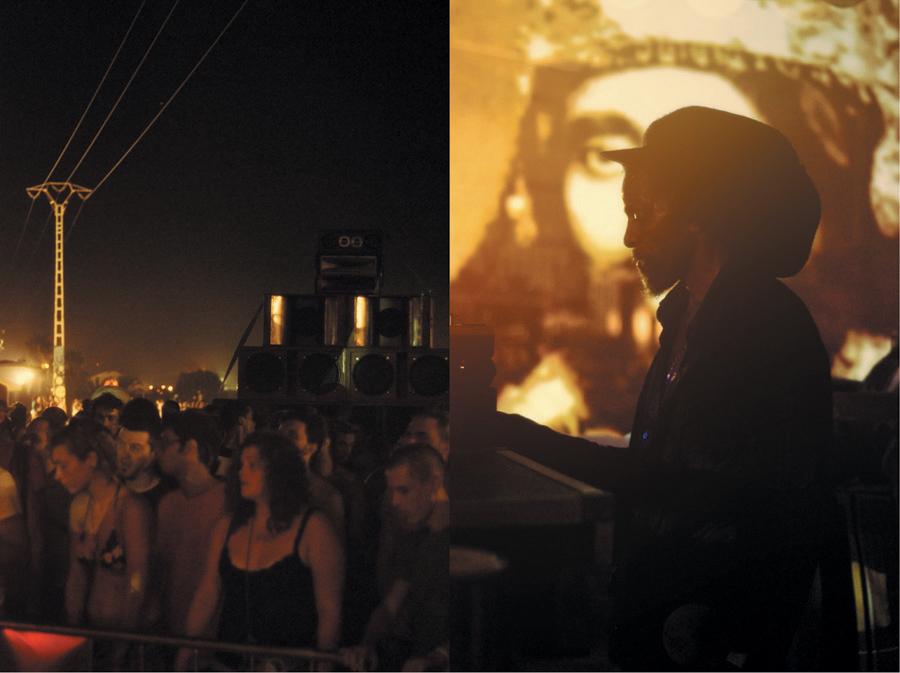Meanwhile Sound Systems were gaining momentum and playing a similar role in Britain, where many disenfranchised Jamaican immigrants were trying to make their way in the heart of “Babylon.” Speaking on his adolescence growing up in the UK, Humble Tafari noted, “The sound was used during a time when black youths were unemployed, and had nowhere to go to… The sound played a story of black awareness and black pride… It was like a church, and a political rally gathering all rolled into one. For one would leave the dance feeling blessed, and also inspired and motivated to better themselves.” In the 70’s and 80’s there were many big and popular Sounds in the UK including Sir Coxsone, Fatman, & Jah Tubby’s, but none would have as big of an impact on the modern day scene as Jah Shaka…
Jah Shaka – “The Mighty Zulu Warrior”
Jah Shaka & Crowd as Rototom Dub Station 2010 – (JB of Dub Livity Sound System)
The role of Jah Shaka in defining the Roots style of Sound System cannot be underplayed. Jah Shaka made cultural music and Dub his primary focus. According to Shaka, “The sound came out of the struggle in the 70’s which black people were going through in this country – we got together and decided that the sound should play a main part in black people’s rights and we would work hard at it and promote some better mental purpose…” Ceska Sankare, selector and operator for Fasimbas Afrikon Blood Sound, reflected on his first experience of Jah Shaka in session, “….That Jah Shaka experience left me speechless and culturally, ideologically, musically a changed young man… I was around 23… Jah Shaka was actually projecting the Afrikan banner of liberation with precise science… When I left that morning, I was aware of my musical and cultural position within myself and my community.”
7 of 12
